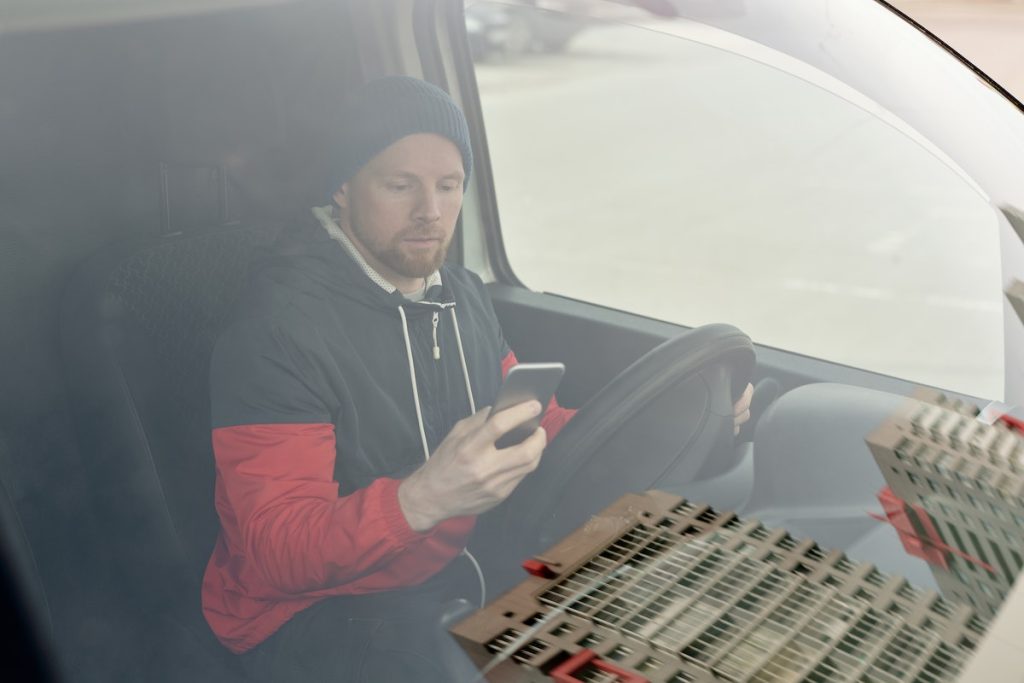No one wants to get pulled over, but sometimes it’s unavoidable. The National Highway Traffic Safety Administration reported more than 6 million traffic stops in the United States in 2012. Many of these stops resulted in tickets or even arrests.
Of course, you can’t always avoid getting pulled over. But there are some things you can do to minimize your chances of being stopped or getting into legal trouble. From following the law to knowing your rights, here’s how to avoid legal issues while driving.
1. Follow the posted speed limit.
This one is pretty straightforward. You’ll likely be pulled over if you’re driving above the posted speed limit. And, if you’re driving significantly above the posted speed limit, you could be arrested for reckless driving. Speed limits are in place for a reason, so it’s important to obey them.
Play it safe and stick to the posted limit. You’ll avoid getting pulled over and help keep yourself and others safe on the road.
But if you commit a minor infraction like rolling through a stop sign, it’s unlikely that you’ll be pulled over. Police typically have discretion when issuing tickets and are more likely to let minor infractions slide. Of course, this doesn’t mean you should start breaking the law.

2. Don’t drive under the influence.
This should go without saying, but don’t drink and drive. Not only is it illegal, but it’s also dangerous. You put yourself and others at risk when you get behind the wheel after drinking alcohol or taking drugs. If you’re pulled over and suspected of driving under the influence, you could be asked to take a breathalyzer test or a blood test to determine your blood alcohol content (BAC). You’ll be arrested on the spot if your BAC is above the legal limit.
If you get arrested, contact a DUI lawyer as soon as possible. They can help you understand the charges against you and mount a defense. You’ll better understand what to expect and how to proceed from there.
3. Don’t drive with a suspended or revoked license.
You’re not legally allowed to drive if your license has been suspended or revoked. If caught driving with a suspended or revoked license, you could be arrested and your vehicle impounded. In some states, Driving Without a License is a felony offense. So, if your license has been suspended or revoked, find another way to get around until your license is reinstated.
You can have your license suspended or revoked for several reasons, including failing to pay child support, accumulating too many traffic violations, or being convicted of a DUI. If your license has been suspended or revoked, contact the DMV to find out what you need to do to get it reinstated.
4. Don’t drive without insurance.
It’s illegal to drive without insurance in most states. Because of this, you should make sure that your car is adequately insured before hitting the road. Many states require drivers to carry liability insurance, which covers damages if you’re at fault in an accident. You might also want to consider adding collision and comprehensive coverage, which covers damages to your own vehicle.
If you’re caught driving without insurance, you could be fined or have your license suspended. In some states, you might even be arrested. You could also be sued if you’re involved in an accident and don’t have insurance to cover the damages.
5. Know your rights.
If pulled over, it’s essential to know your rights. For instance, you have the right to remain silent and the right to an attorney. If you choose to exercise your right to remain silent, tell the officer that you’re doing so. And, if you want to speak to an attorney, say that you’d like to do so.
You also have the right to refuse a search of your vehicle. However, if the officer has probable cause to believe that there’s evidence of a crime in your car, they can search it without your consent. You want to avoid giving the officer any reason to believe there’s evidence of a crime in your vehicle. So, if you’re pulled over, be polite and cooperative.
Sometimes, you cannot avoid getting pulled over. If you do find yourself in that situation, there are some things you can do to minimize the chances of getting a ticket or, even worse, being arrested. Follow the posted speed limit, don’t drink and drive, and don’t drive with a suspended or revoked license. Make sure your car is insured, and you know your rights. These precautions will make you less likely to find yourself in legal trouble.

